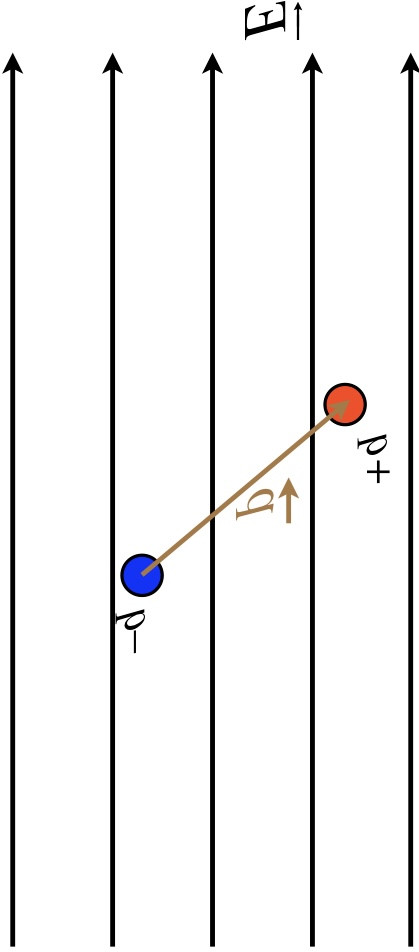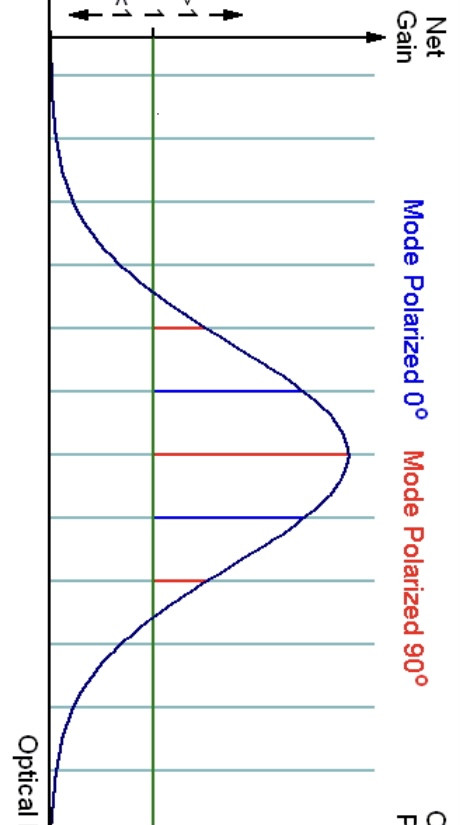Just sending you all some love.
🙏🏻❤️
QSI Telegram, Education, Quantum STELLAR Financial System, Medbeds, Liberty/Freedom, Checks & Balances, Disclosure, Ascension,💜♾️😇⚡️
💜💜💜 17 love.
💙🙏🏻❤️
a missing lettering
amazing (comparative more amazing, superlative most amazing)
Causing wonder and amazement; very surprising.
surprising (comparative more surprising, superlative most surprising)
Causing surprise.
A surprising number of people attended the rally.
Synonyms
astonishing, unexpected
uprising (plural uprisings)
A popular revolt that attempts to overthrow a government or its policies; an insurgency or insurrection.
Translations
a popular revolt
Verb
uprising
present participle of uprise
From Middle English uprisen, from Old English *ūprīsan (“to rise up”), equivalent to up- + rise. Cognate with Icelandic upprisa (“resurrection”), Middle Low German oprīsinge (“uprising”). Compare also Icelandic uppreisn (“an uprising, revolt”).
Verb
uprise (third-person singular simple present uprises, present participle uprising, simple past uprose, past participle uprisen)
(archaic) To rise; to get up; to appear from below the horizon.
(archaic) To have an upward direction or inclination
To rebel or revolt; to take part in an uprising.
uprise (plural uprises)
The act of rising; appearance above the horizon; rising.
rebel
Etymology
From Middle English rebel, rebell, from Old French rebelle, from Latin rebellis (“waging war again; insurgent”), from rebellō (“I wage war again, fight back”), from re- (“again, back”) + bellō (“I wage war”).
rebel (plural rebels)
A person who resists an established authority, often violently
rebellion
rebellious
rebel (third-person singular simple present rebels, present participle rebelling, simple past and past participle rebelled)
(intransitive) To resist or become defiant toward an authority.
Synonyms
defy
From Old French desfier, from Vulgar Latin *disfidare (“renounce one's faith”), from Latin dis- (“away”) + fidus (“faithful”). Meaning shifted in the 14th century from "be disloyal" to "challenge". Contrast confide, fidelity, faith.
defy (third-person singular simple present defies, present participle defying, simple past and past participle defied)
(transitive) To challenge (someone) or brave (a hazard or opposition).
to defy an enemy; to defy the power of a magistrate; to defy the arguments of an opponent; to defy public opinion
(transitive) To refuse to obey.
To not conform to or follow a pattern, set of rules or expectations.
(transitive, obsolete) To renounce or dissolve all bonds of affiance, faith, or obligation with; to reject, refuse, or renounce.
defy (plural defies)
(obsolete) A challenge.
1687, [John Dryden], “(please specify the page number(s))”, in The Hind and the Panther. A Poem, in Three Parts, 2nd edition, London: Printed for Jacob Tonson […], OCLC 460679539:
And, safe intrench'd within, her foes without defies
I accepted the challenge
acceptable
/əkˈsɛptəb(ə)l/
adjective
1.
able to be agreed on; suitable.
2.
able to be tolerated or allowed.
bearable
tolerable
allowable
admissible
supportable
sustainable
justifiable
defensible
defendable
late Middle English: from Old French, from late Latin acceptabilis, from acceptare (see accept).









